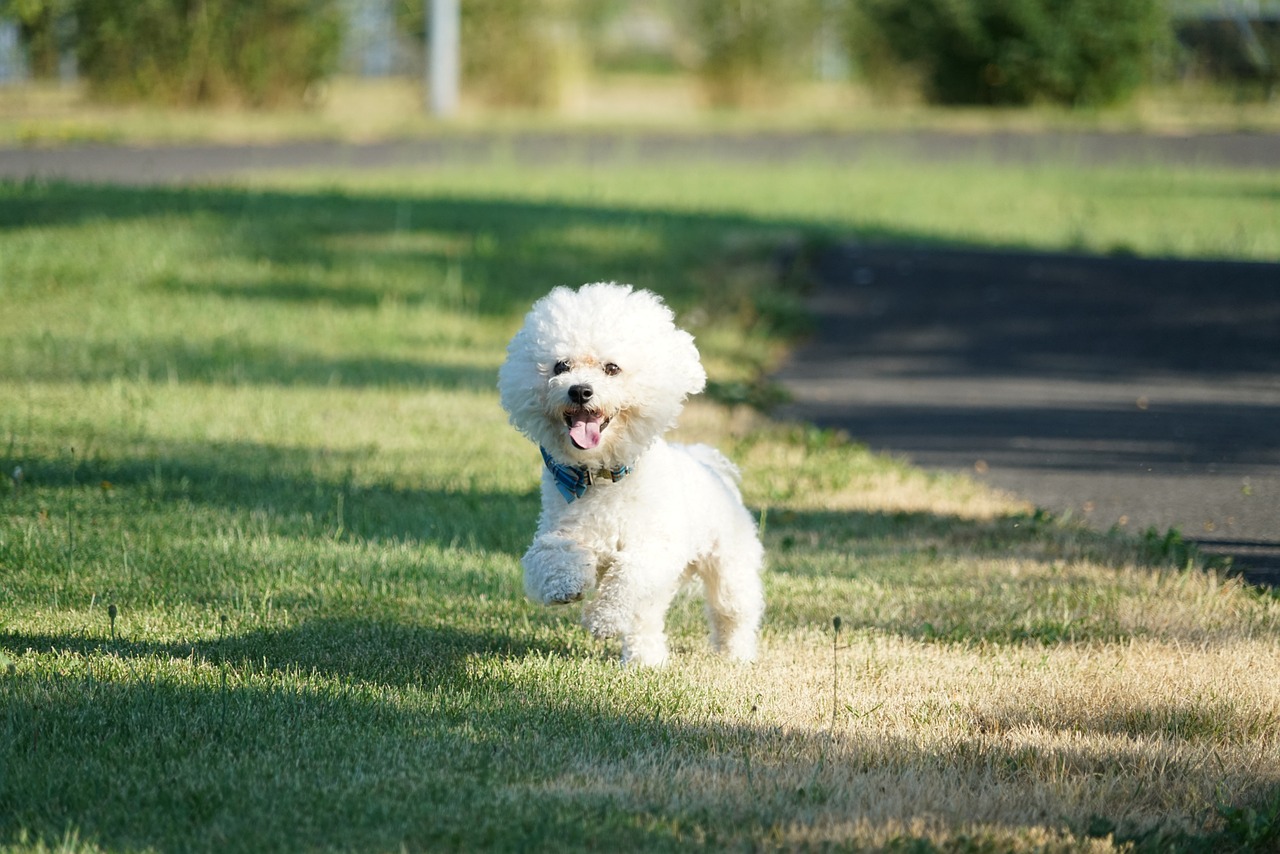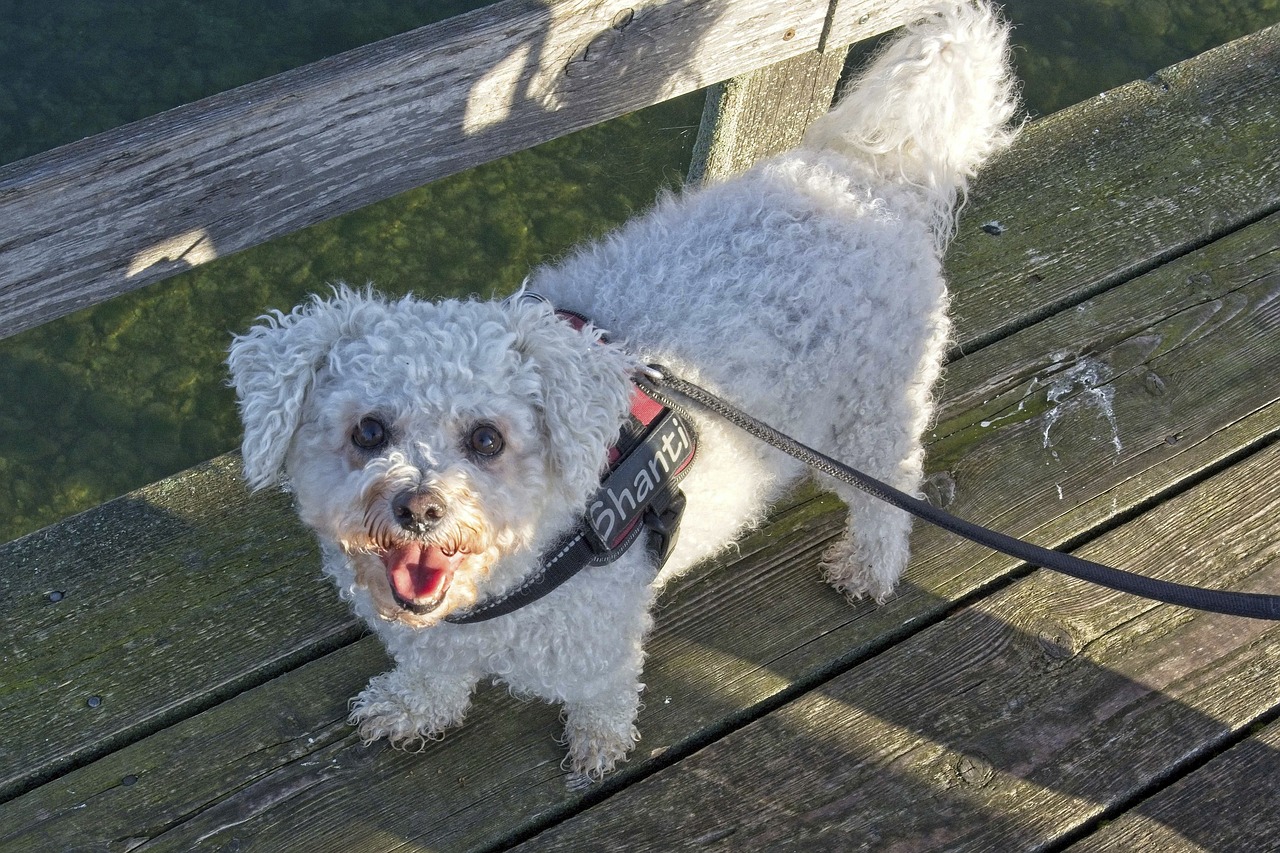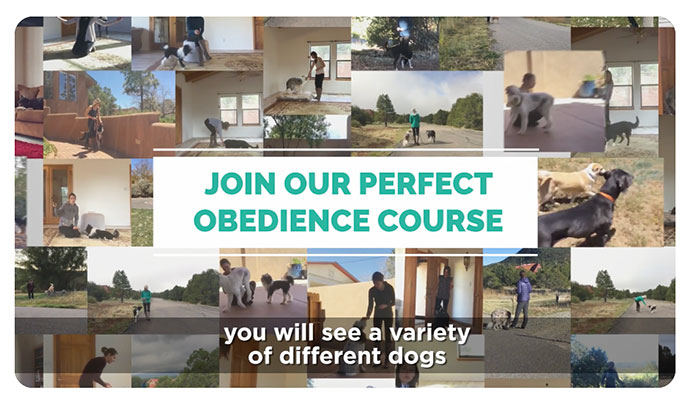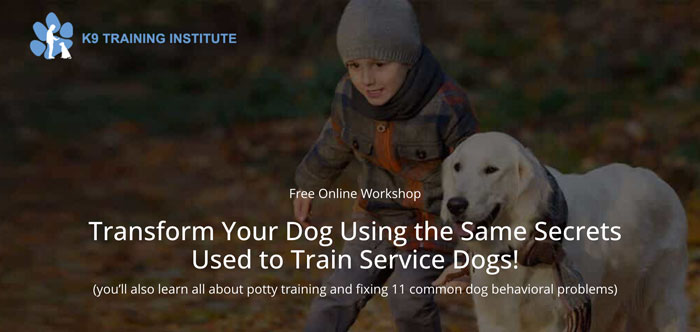Socializing a Bichon Frise puppy is a fundamental step in ensuring a well-adjusted, confident adult dog. Bichon Frises are known for their cheerful disposition and love for human companionship. However, like all breeds, they benefit greatly from proper socialization practices.
The Right Ways to Socialize a Bichon Frise Puppy
 Here are essential guidelines to follow for seamless Bichon Frise puppy socialization:
Here are essential guidelines to follow for seamless Bichon Frise puppy socialization:
-
Begin Early:
- Start socializing your Bichon Frise puppy as soon as you bring it home, ideally between 8-12 weeks.
- Early exposure to various experiences lays the groundwork for a well-rounded adult dog.
-
Positive Experiences:
- Ensure every new encounter is a positive one for your Bichon Frise puppy.
- Utilize treats, praise, and toys to make sure the puppy associates new experiences with positivity.
-
Regular Handling:
- Regularly handle your Bichon Frise puppy, caressing its ears, paws, and tail gently.
- This accustoms them to the human touch and makes future grooming or medical check-ups stress-free.
-
Variety of Environments:
- Take your Bichon Frise puppy to various places: parks, quiet streets, friend’s houses, and more.
- This broadens their understanding of the world around them and helps reduce fear of new places.
-
Meet Different People:
- Your Bichon Frise puppy should meet people of various ages, ethnicities, and sizes.
- This helps to prevent them from being wary or fearful of strangers in the future.
-
Introduce Other Pets:
- If possible, allow your Bichon Frise puppy to meet other well-behaved and vaccinated pets.
- Ensure all interactions are supervised and positive.
-
Expose to Various Sounds:
- Play recordings of thunderstorms, fireworks, traffic noises, and more at a low volume, gradually increasing it as your Bichon Frise puppy becomes comfortable.
- This can help prevent sound phobias later in life.
-
Puppy Socialization Classes:
- Enroll your Bichon Frise puppy in a puppy class that promotes positive reinforcement.
- This provides them with an opportunity to interact with other puppies in a controlled setting.
-
Safe Exploration:
- Encourage your Bichon Frise puppy to explore their surroundings, whether it’s your backyard, a friend’s garden, or a quiet part of the park.
- Always monitor them to ensure their safety.
-
Avoid Overwhelming Situations:
- If a situation is causing your Bichon Frise puppy distress, remove them from it and try again another day.
- Overwhelming experiences can lead to long-term fears or phobias.
-
Consistent Socialization:
- Regularly expose your Bichon Frise puppy to new experiences, even if it’s something as simple as a new toy or a different walking route.
- Consistency helps reinforce positive behaviors and reduces the chance of fear-related behaviors.
-
Stay Calm and Positive:
- Your Bichon Frise puppy will look to you for cues on how to react in new situations.
- Maintaining a calm and positive demeanor will reassure them that there’s nothing to fear.
-
Start a Puppy Obedience Training Program:
- As your Bichon Frise puppy matures, structured training will further aid in socialization and ensure they learn essential commands.
- Opt for reputable training programs. SpiritDog’s Ultimate Puppy Training Program and K9 Training Institute’s Dog Masterclass are both excellent choices that use positive reinforcement techniques, ensuring your Bichon Frise puppy evolves into a well-mannered and sociable adult dog.
The Wrong Ways to Socialize a Bichon Frise Puppy
 While it’s paramount to socialize a Bichon Frise puppy, the approach used can significantly impact their adult behavior. These spirited, fluffy dogs are naturally sociable, but incorrect socialization methods can result in a fearful or aggressive Bichon Frise. To prevent such outcomes, here are some pitfalls to avoid:
While it’s paramount to socialize a Bichon Frise puppy, the approach used can significantly impact their adult behavior. These spirited, fluffy dogs are naturally sociable, but incorrect socialization methods can result in a fearful or aggressive Bichon Frise. To prevent such outcomes, here are some pitfalls to avoid:
-
Starting Too Late:
- Delaying socialization past the prime age of 3-14 weeks can cause missed opportunities for your Bichon Frise puppy to learn and adapt.
- While it’s never entirely “too late” for socialization, early experiences are foundational.
-
Overwhelming Exposures:
- Introducing the Bichon Frise puppy to too many new experiences too quickly can be overwhelming and counterproductive.
- It’s better to pace experiences so the puppy can comfortably adjust to each one.
-
Avoiding New Experiences:
- The opposite problem—shielding your Bichon Frise puppy from new experiences, sounds, or people—can result in a fearful adult dog.
- Protection is essential, but over-protection can be detrimental.
-
Forcing Interactions:
- Never push your Bichon Frise puppy into situations where they’re visibly uncomfortable or scared.
- Forced interactions can lead to traumatic memories and long-term fears.
-
Neglecting Human Socialization:
- Prioritizing dog-to-dog interactions while ignoring human ones can lead to a Bichon Frise puppy that’s uneasy around people.
- Diverse human socialization, including various ages and appearances, is vital.
-
Using Negative Reinforcement:
- Punishing or scolding your Bichon Frise puppy for fearful or aggressive behavior during socialization exacerbates the problem.
- Positive reinforcement is essential to ensure the puppy associates new experiences with positive feelings.
-
Ignoring Negative Signs:
- Disregarding signs of stress, fear, or discomfort in your Bichon Frise puppy can be damaging.
- Recognize and respond to your puppy’s distress signals to ensure their well-being.
-
Uncontrolled Environments:
- Taking your Bichon Frise puppy to uncontrolled environments where unknown or aggressive animals might be present is risky.
- It’s essential to ensure your puppy’s safety and monitor all interactions.
-
Sporadic Socialization:
- Infrequent or inconsistent socialization efforts can confuse and potentially stress your Bichon Frise puppy.
- A regular routine helps instill confidence.
-
Failure to Socialize with Other Animals:
- Excluding your Bichon Frise puppy from meeting other species, like cats or birds, can limit their adaptability and tolerance.
- Multi-species interactions, when done safely, broaden their experiences.
-
Avoiding Strangers:
- Keeping your Bichon Frise puppy away from strangers can lead to a dog that’s wary or aggressive towards unfamiliar people.
- Controlled interactions with strangers can be beneficial.
-
Skipping Puppy Classes:
- Assuming all socialization can be done at home and skipping professional puppy classes can deprive your Bichon Frise puppy of essential learning opportunities.
- Puppy classes offer structured environments for safe socialization.
-
Reliance on Dog Parks:
- Relying solely on dog parks for socialization can be unpredictable.
- While these parks can be beneficial, the presence of unsocialized or aggressive dogs can pose risks to your Bichon Frise puppy.
-
No Exposure to Varied Environments:
- Only exposing your Bichon Frise puppy to one environment—like only indoors—can result in anxiety when faced with new surroundings.
- A mix of indoor and outdoor experiences, with varying sights and sounds, is crucial.
Consider Online Dog Training for Your Bichon Frise Puppy
Our 2 favorite online courses are:
1. SpiritDog’s “Perfect Obedience” Course
The Perfect Dog Obedience Bundle is an online dog training program designed to help dog owners achieve well-behaved pets. The comprehensive course covers basic obedience, and loose leash walking, and includes bonus mini-courses on training habits and rewards, stopping jumping, and separation anxiety solutions. With lifetime access to expert trainers for personalized feedback and a 60-day money-back guarantee, this course aims to provide effective, accessible training for a variety of dog behavior issues.
2. K9 Training Institute’s “Dog Masterclass”
More than just an obedience course, this more comprehensive training course tackles any behavior problem you might face with your dog.
In conclusion, while the aim is always to have a well-socialized Bichon Frise, the methods employed are pivotal. Avoiding these common mistakes ensures a smoother journey toward raising a Bichon Frise that’s confident, friendly, and adaptable to different situations. Always remember to monitor your puppy’s reactions, adjust the pace as needed, and, most importantly, ensure every experience is as positive as possible.


 Toledo, United States.
Toledo, United States.